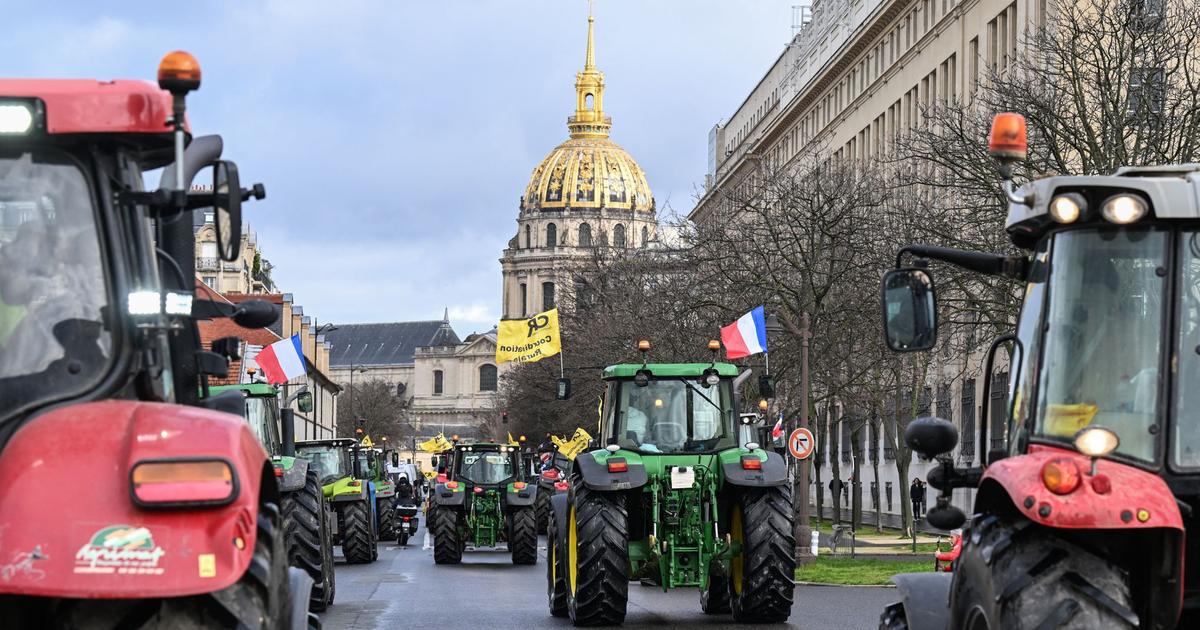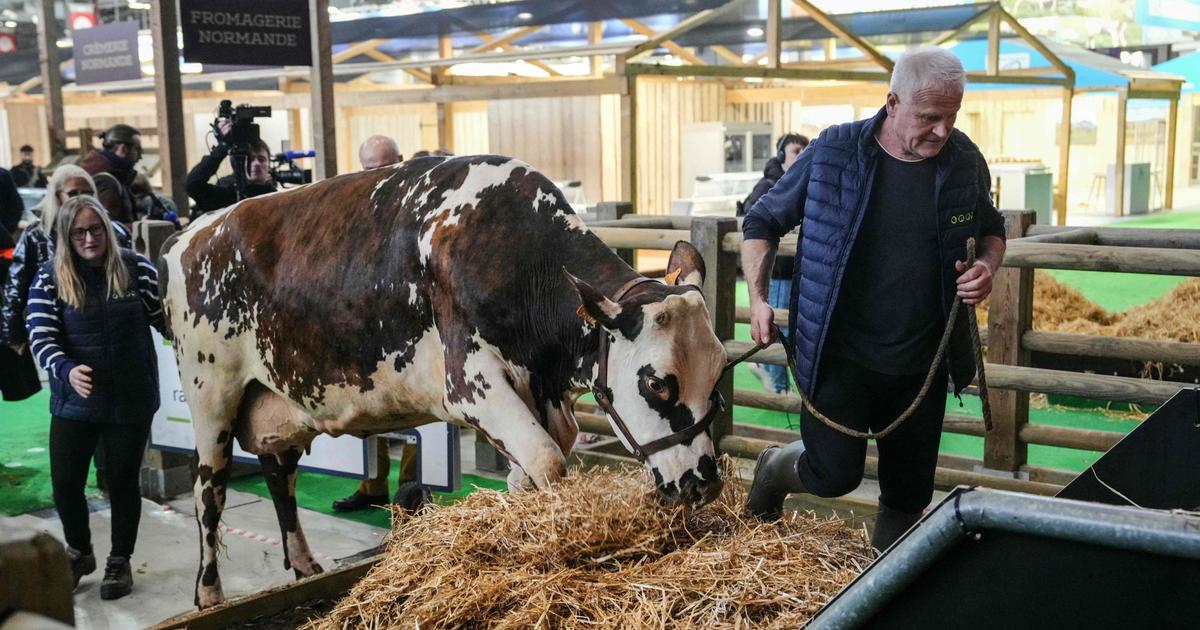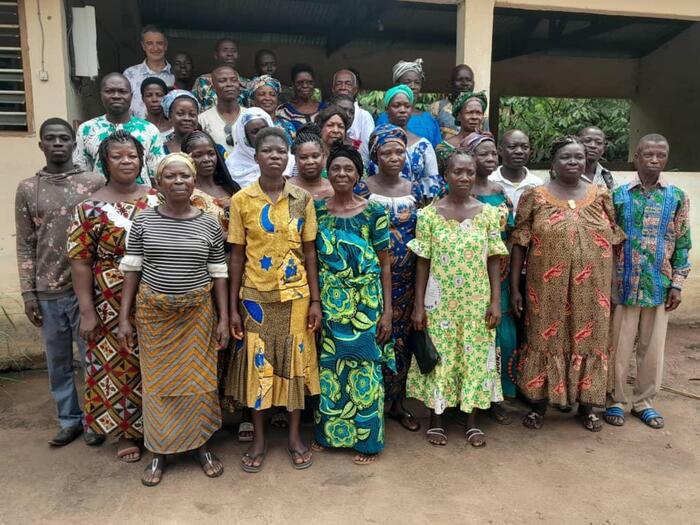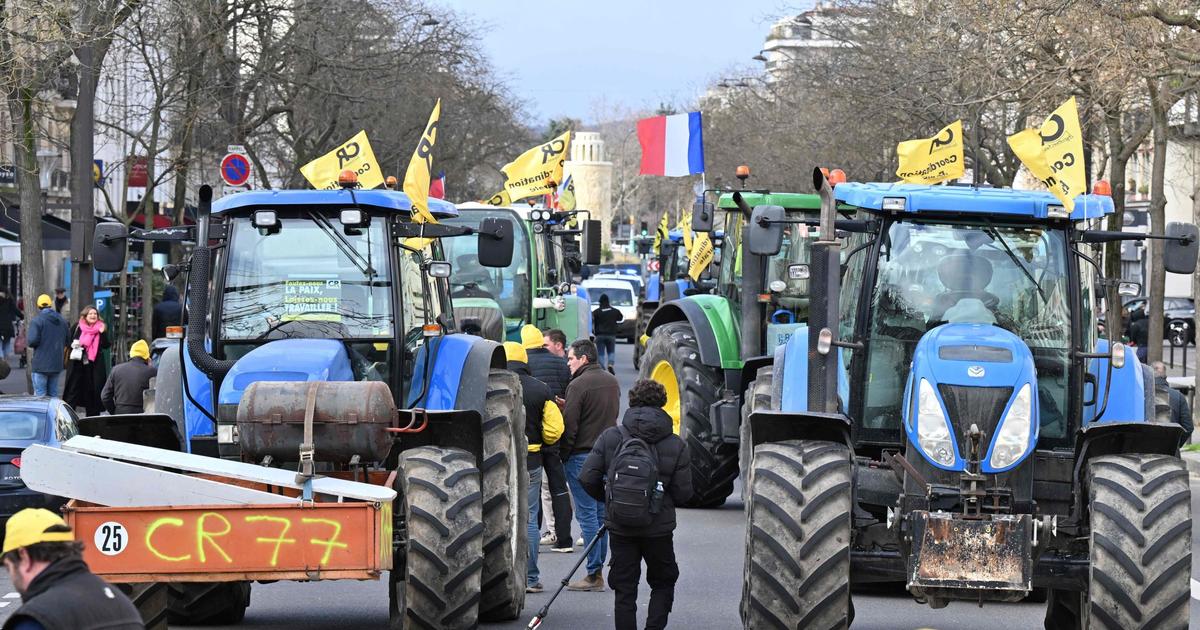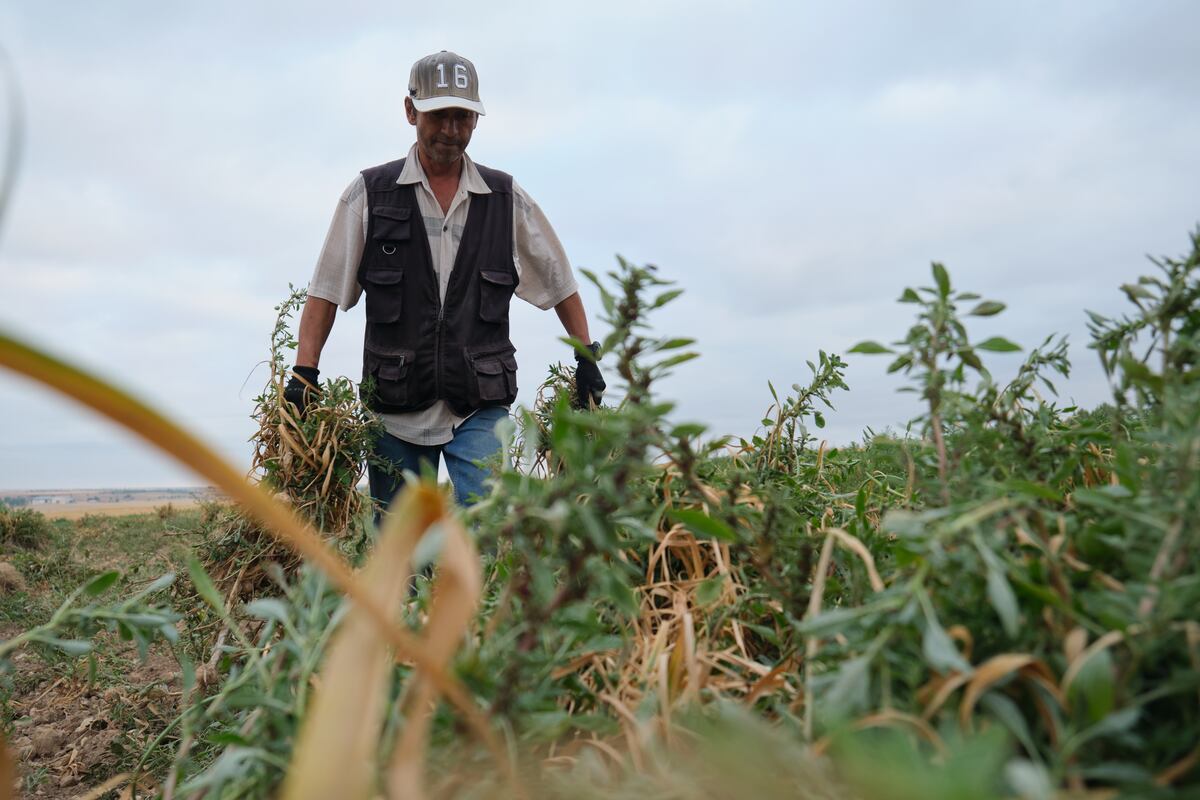Damascus-Sana
Participants in the meeting of the General Union of Peasants called for securing all agricultural production requirements such as fertilizer and fuel and distributing them to farmers, converting agricultural societies into productive cooperatives, establishing medicinal and aromatic plants associations at the provincial level, establishing water dams and digging artesian wells for irrigation of agricultural lands and granting licenses for all wells.
During the meeting of the General Federation of Peasants' Council held today at the Union building, the participants stressed the need to increase the amount of fodder to meet the needs of livestock, exempt tractors from the fees accumulated on them, pay attention to breeding Arabian horses, help beekeepers, reduce the price of potato seeds and secure them from the Seed Multiplication Corporation.
The participants called for compensation for the affected owners of greenhouses in the coast, raising tobacco prices, facilitating conditions for modern irrigation projects, activating silk worm breeding, developing a plan to preserve fish wealth, establishing an agricultural road network, reviewing the price of cotton, raising the revenues of local marketing of agricultural crops and supporting strategic crops.
The participants pointed out the importance of providing agricultural medicines through the Ministry of Agriculture and Agrarian Reform, securing veterinary vaccines for free through the extension units, supporting mechanisms for water resources and plant wealth in the Badia region, protecting livestock, settling conditions for unlicensed poultry, calculating the price of wheat according to the costs borne by the farmer and considering barley as a strategic crop. .
The participants also called for the necessity of importing used tractors due to the failure of the farmer to purchase talking, reducing agricultural electricity prices, and rehabilitating silos destroyed by terrorist organizations.
The participants called for securing fire extinguishers and bulldozers to rehabilitate agricultural lands, in addition to amending the schedule of need for seed and fertilizer, and working on importing good quality cows at reasonable prices, supporting agricultural associations with diesel engines, granting them long-term loans, exempting them from benefits, and supporting agricultural scientific research in both its plant and animal parts.
They emphasized the necessity of establishing a citrus juice factory, settling the cultivation of saffron in the As-Suwayda governorate, establishing an association for its cultivation, and activating the branches of the Agricultural Bank in the eastern region.
In his response to the interventions, Prime Minister Hussein Arnous expressed appreciation for the great efforts made by the farmers who, despite the challenges imposed by the terrorist war on Syria, insisted on continuing production and supporting the national economy in the face of the coercive unilateral economic measures imposed on the Syrian people and securing the needs of the citizen and the local market. Of agricultural products.
He stressed the necessity of networking between the various economic sectors to activate the wheel of agricultural production, as the agricultural sector is the main engine of the development process, indicating that the government is striving, according to the capabilities and conditions offered, to secure all farmers' needs in terms of fertilizers, agricultural and veterinary medicines, fuels and agricultural machinery.
The Prime Minister stated that more than 90 percent of the agricultural sector's need of diesel has been secured at a price of 180 pounds per liter at a time when the cost of insuring it reaches more than 1000 pounds, adding that 7 thousand pounds are paid for irrigation per hectare through government irrigation projects in When the cost amounts to more than 100 thousand pounds per hectare, stressing the need to switch to modern irrigation techniques and not to deplete the water wealth in a random and ill-considered manner.
Eng. Arnous referred to the governmental efforts exerted to restore the agricultural sector to its health as it was before the war on Syria by giving priority to providing the requirements of the productive process and returning farmers to lands liberated from terrorism and fixing them in it, stressing that the rehabilitation of projects, dams and irrigation networks is an advanced priority in government work where it is taking place. Work on rehabilitating projects and irrigation stations affected by terrorism. It has been contracted to rehabilitate the three pumping groups in the joint station on the Euphrates River to put them into service in turn, the latest of which is at the end of this year.
The Prime Minister called for a spirit of initiative and activation of participation in the maximum limits between the Union and the chambers of agriculture, with government support to enable the agricultural sector to play its role in achieving food security, stressing on activating the role of agricultural societies and following up on the difficulties encountered by farmers, submitting proposals and coordinating with government agencies to find appropriate solutions.
Eng. Arnous explained that work is continuing to ensure the implementation of the agricultural plan for the wheat season, as it has been given priority in terms of providing fertilizers, diesel, seeds and tractors, stressing that the tractor plant in Aleppo will be restored to work as soon as possible, calling at the same time the farmers' union to establish medium and small projects that will provide Additional resources and their use to support farmers' demands.
In turn, Minister of Internal Trade and Consumer Protection, Talal Al-Barazi, indicated that 1,200 tons of grains were marketed through the Syrian trade outlets and that the doors of the institution are open to farmers who wish to market their products and sell them directly at specific prices, calling for the establishment of joint-stock groups and companies related to agricultural production to support the national economy and encourage the establishment of centers for screening and benefiting. From selling first and second class wheat and investing in this field.
The Minister of Water Resources, Dr. Tamam Raad, confirmed for his part that the ministry has spent 15 billion Syrian pounds in the year 2020 on irrigation projects and is working on rehabilitating these projects in Deir Ezzor and Aleppo and assessing the damage to dams and irrigation networks, stressing that all irrigation projects put into service will be ready for maintenance work And removal for the next season in the month of May, as the Ministry has drawn up a plan to regularize the status of the violating wells.
In his turn, Minister of Finance, Dr. Kinan Yaghi explained that more than 62 thousand farmers benefited from exemptions for bad loans, which amounted to 17 billion Syrian pounds, pointing out that the drilling of artesian wells can be funded through the Agricultural Bank on conditions and 60 percent of the drilling cost is financed for a period of ten years with interest. 11 percent, indicating that there is a plan to reactivate the branches of the Agricultural Bank in the Eastern Province.
Minister of Industry Ziad Sabbagh stressed the need for cooperation with agricultural associations to bring all farmers' products to the ministry’s laboratories, pointing out that the silk factory in Tartous needs a technical study and economic feasibility as a result of its stoppage and that the plan to establish a juice factory is listed on the list, explaining that there are committees that study tobacco prices every season. .
For his part, the Minister of Agriculture and Agrarian Reform, Eng. Muhammad Hassan Qatna, referred to the importance of the current year, especially after announcing the “Year of Wheat” and the efforts made in securing fuels, fertilizers and seeds. Two million tons and more of wheat at harvest, ”explaining that the pricing will be according to the actual cost of the production requirements used according to the free market.
Minister Qatana affirmed the support of beekeepers, horses and silkworms and encouraging the private sector to participate in the import of cows, cows and calves, pointing out that the ministry is ready to amend the schedule of needs present in the Agricultural Cooperative Bank, despite its amendment six months ago.
For his part, the President of the General Peasants' Union, Ahmed Saleh Ibrahim, drew attention to the need to encourage agricultural investment and achieve self-sufficiency through the expansion of land cultivation.
Members of the Federation Council, the Executive Office, and heads of the Federation's branches in the governorates participated in the meeting.
Sakina Mohamed and Mehran Abu Fakhr


